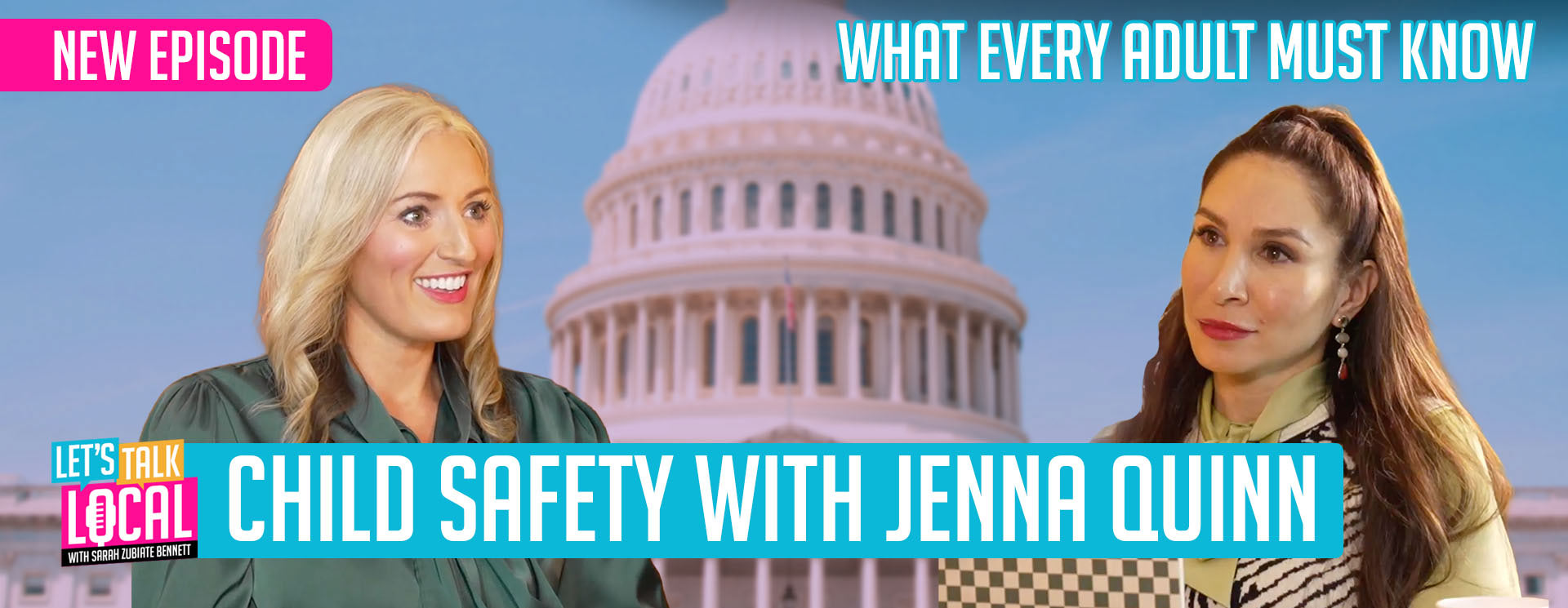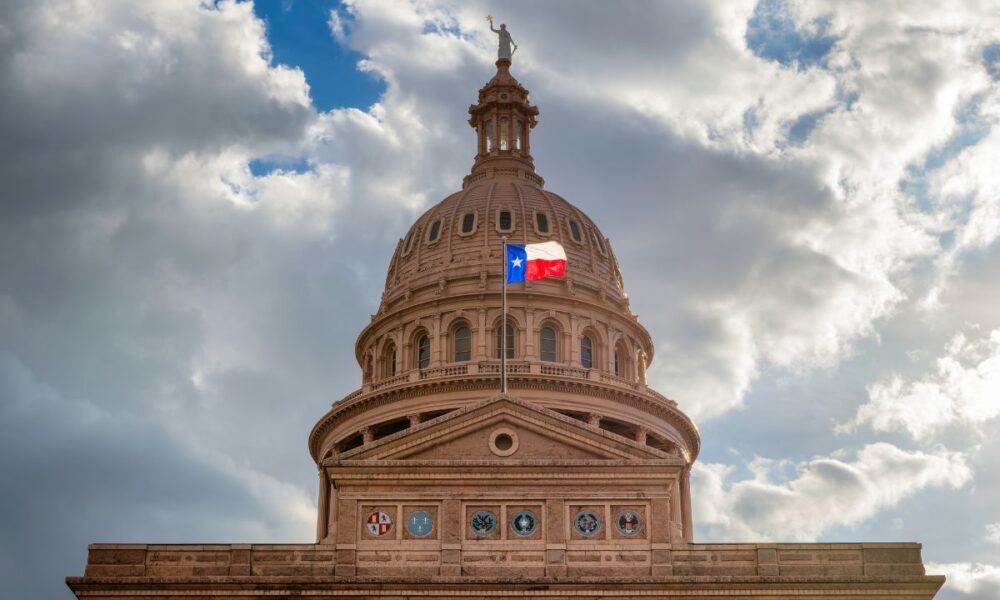(Texas Scorecard) – Texas senators are considering a measure to regulate the development and use of artificial intelligence systems in Texas.
House Bill 149, initially filed by State Rep. Giovanni Capriglione (R–Southlake), was heard on Thursday by senators on the Business and Commerce Committee.
State Sen. Charles Schwertner (R–Georgetown), who chairs the committee, is carrying the measure. House lawmakers previously passed it on April 23.
“HB 149 aims to protect individual rights and privacy, while balancing and encouraging the safe advancement of AI technology in Texas,” said Schwertner when laying out the measure before the committee.
The proposal would clearly define terms such as “artificial intelligence system,” “developer,” and “deployer,” and establish stronger personal data protections.
It would also create the Texas Artificial Intelligence Council to advise the state on AI-related policy and oversee an “AI Regulatory Sandbox Program.” The program, meant for AI engineers, would allow certain exemptions from privacy laws in a controlled environment while a system is being developed.
In addition, HB 149 would restrict how AI systems accumulate data by clarifying that the public availability of images or media does not constitute consent for commercial use of facial or voice data.
This provision is particularly relevant for actors who have claimed that companies have used their likenesses without consent for AI-generated content, such as is alleged in the Lehrman v. Lovo, Inc. case in New York.
Further data protection requirements are also included to ensure privacy amid widespread surveillance and facial recognition technology, and to prevent localities from establishing different AI regulatory standards.
“The attorney general is given through this bill the authority to investigate suspected violations and bring an action to collect civil penalties and seek injunctive relief,” said Schwertner.
David Dunmoyer, campaign director of Better Tech for Tomorrow at the Texas Public Policy Foundation, testified “in strong support” of HB 149.
“This has been the culmination of a years-long process, and that’s important, because in other states where they’ve moved fast and broke things legislatively, we’re seeing business leave their states,” said Dunmoyer.
Before HB 149 reached its current state, the measure’s data privacy protections were even stronger. The original proposal included bans on AI-based political viewpoint discrimination, social credit scoring by government entities, and surveillance using voice or facial data without explicit consent.
The framework for HB 149 largely comes from another measure that Capriglione filed in December, HB 1709. That proposal would have required companies to disclose whether they use AI and would have established guidelines to prevent bias in the systems.
Ann Baddour, director of the Fair Financial Services Project at Texas Appleseed, said that while her group does not necessarily oppose HB 149, they had concerns about how the AI Regulatory Sandbox Program is regulated.
“I wonder if there would be a benefit to giving examination authority to the [Texas Artificial Intelligence Council],” said Baddour, adding that it “could be hard to see when problematic practices are happening until after they’ve had negative impacts.”
Glenn Hamer, president & CEO of the Texas Association of Business, noted that Texas is already becoming a world leader in AI technology.
In February, Apple announced it would spend more than $500 billion in the U.S. over the next four years, with a major focus on emerging advanced manufacturing and AI systems being developed in Texas.
Additional investments are coming to Texas in the form of the $500 billion Stargate Project led by OpenAI, SoftBank, and Oracle, as well as a $500 billion investment in AI infrastructure announced by Nvidia earlier this month.
HB 149 was left pending in committee until a later date.


